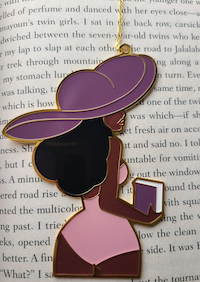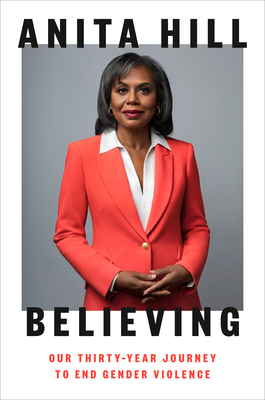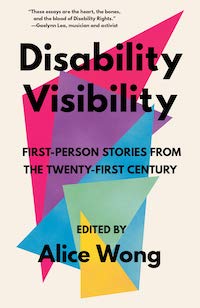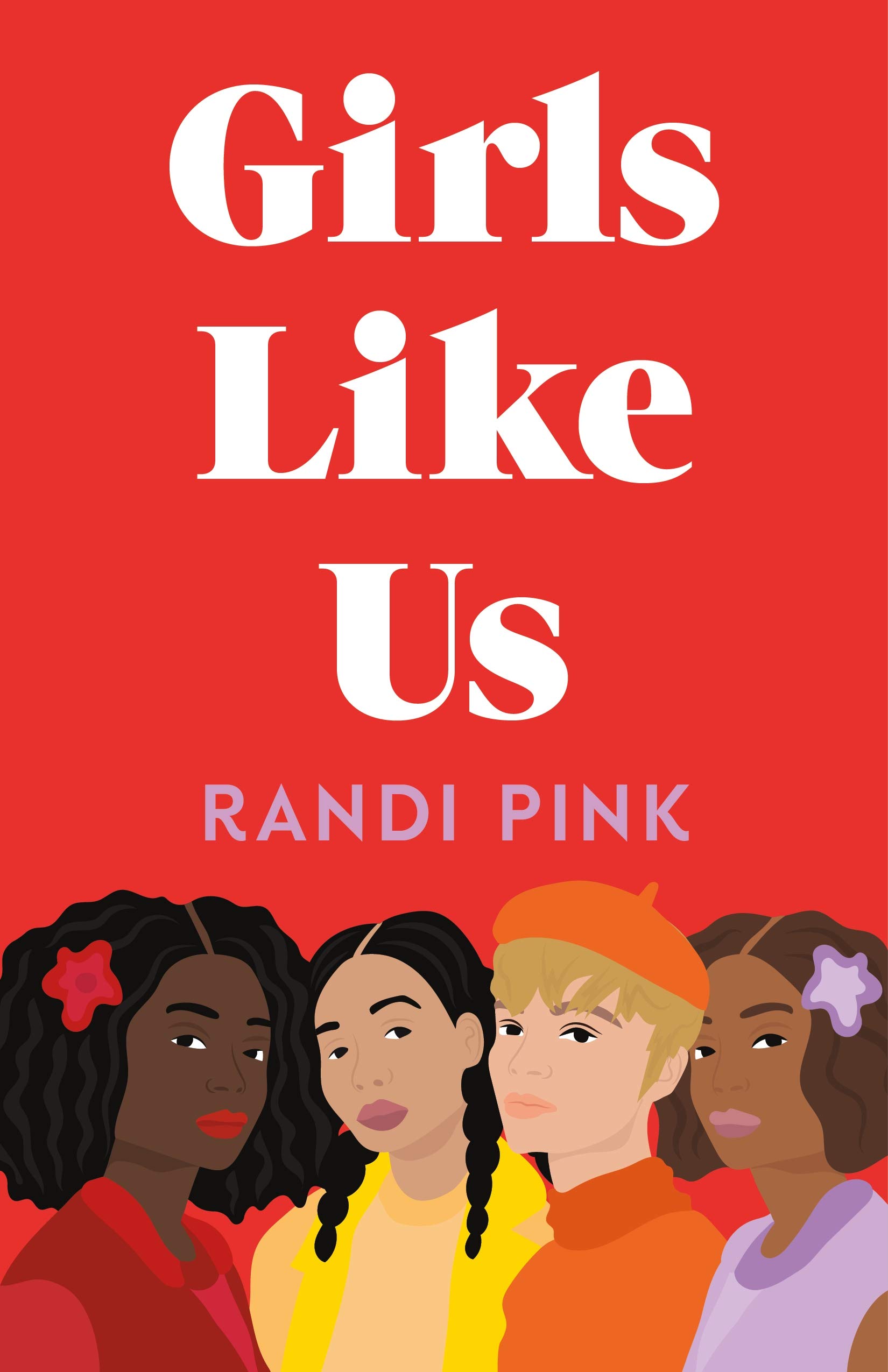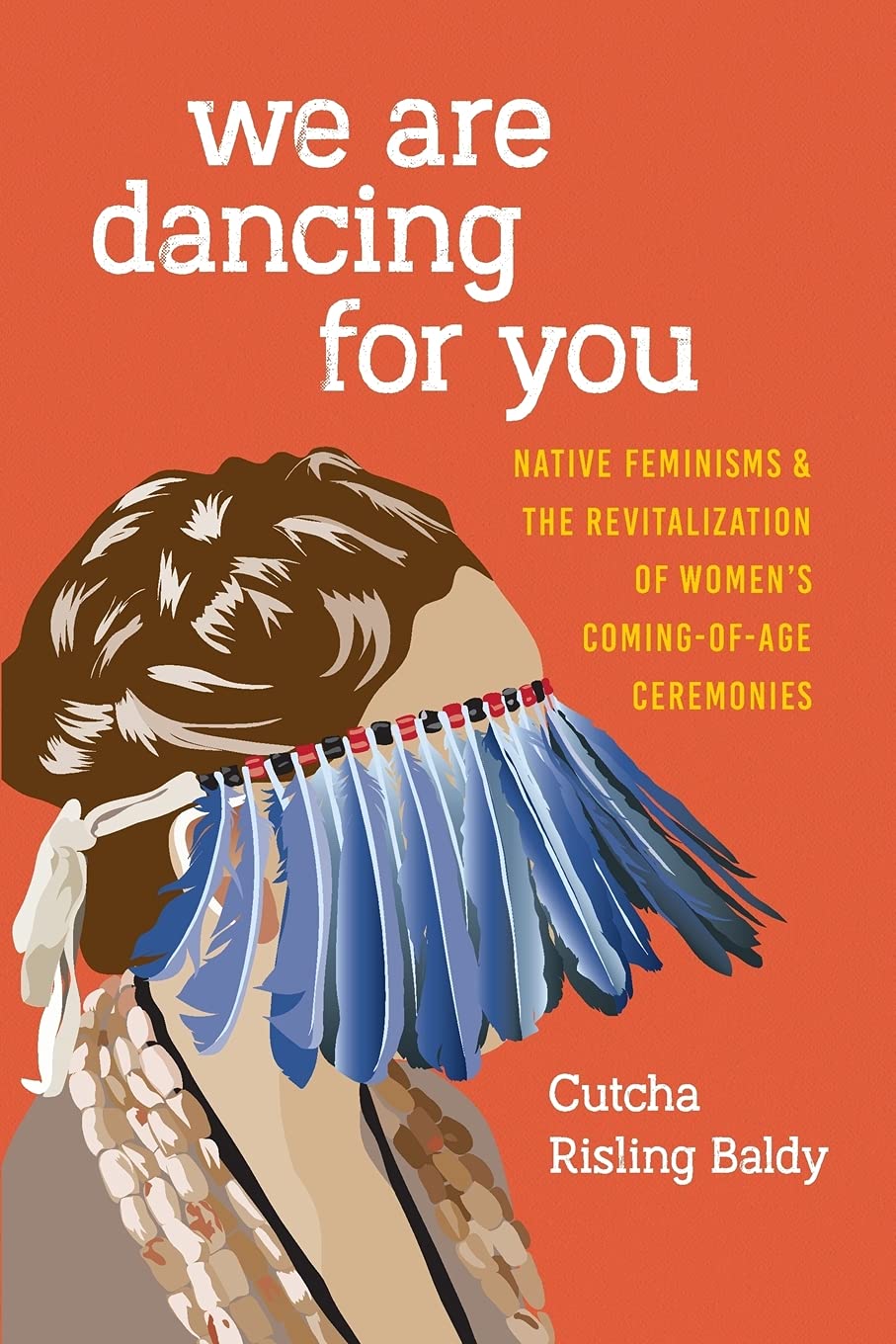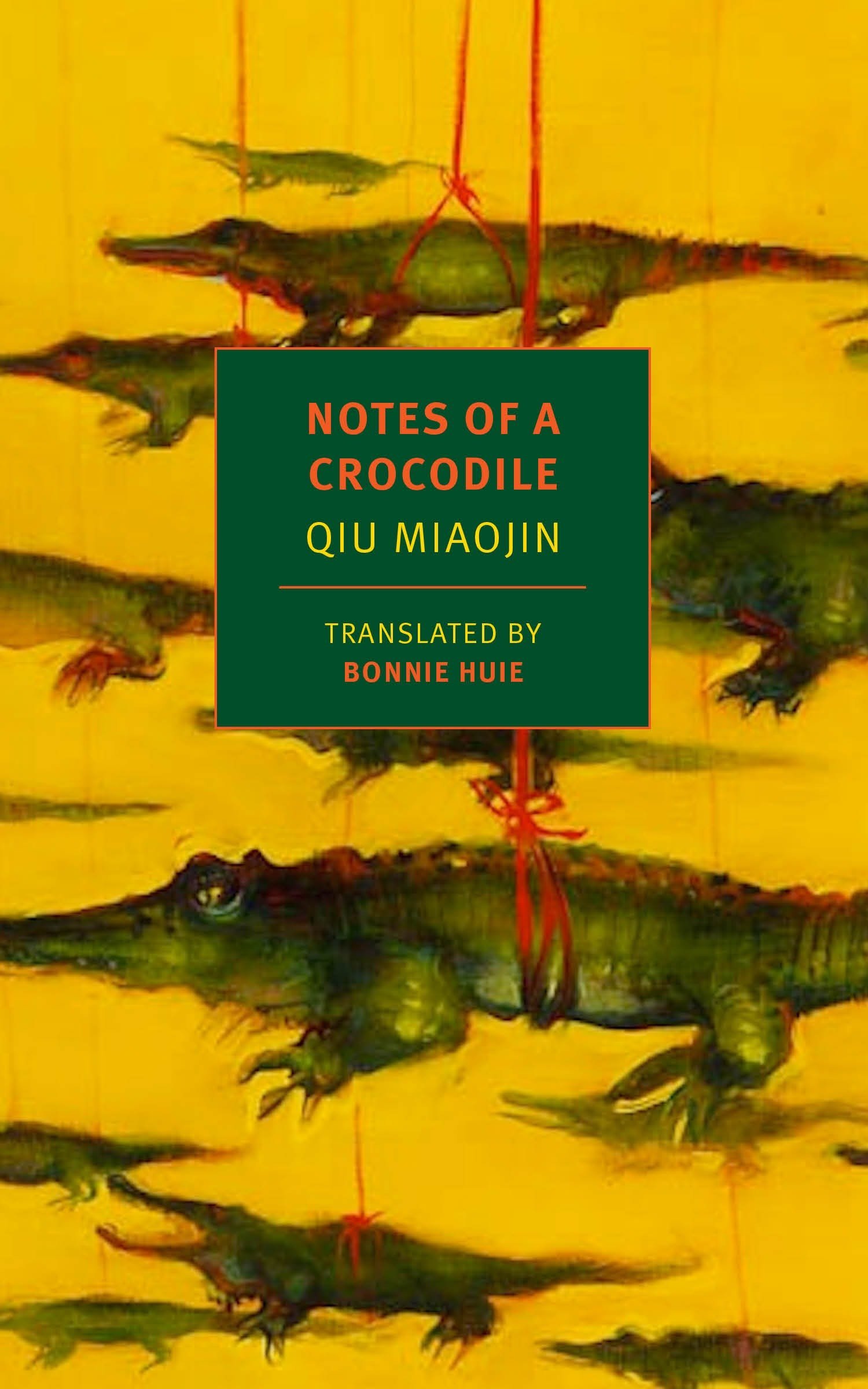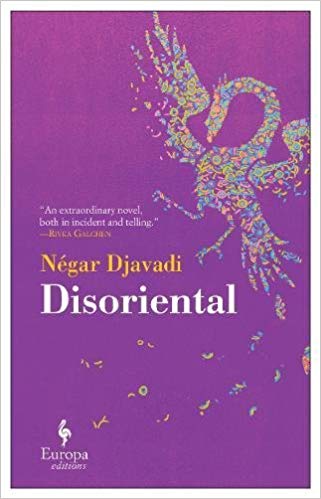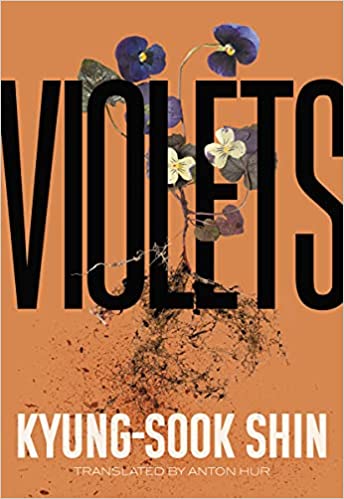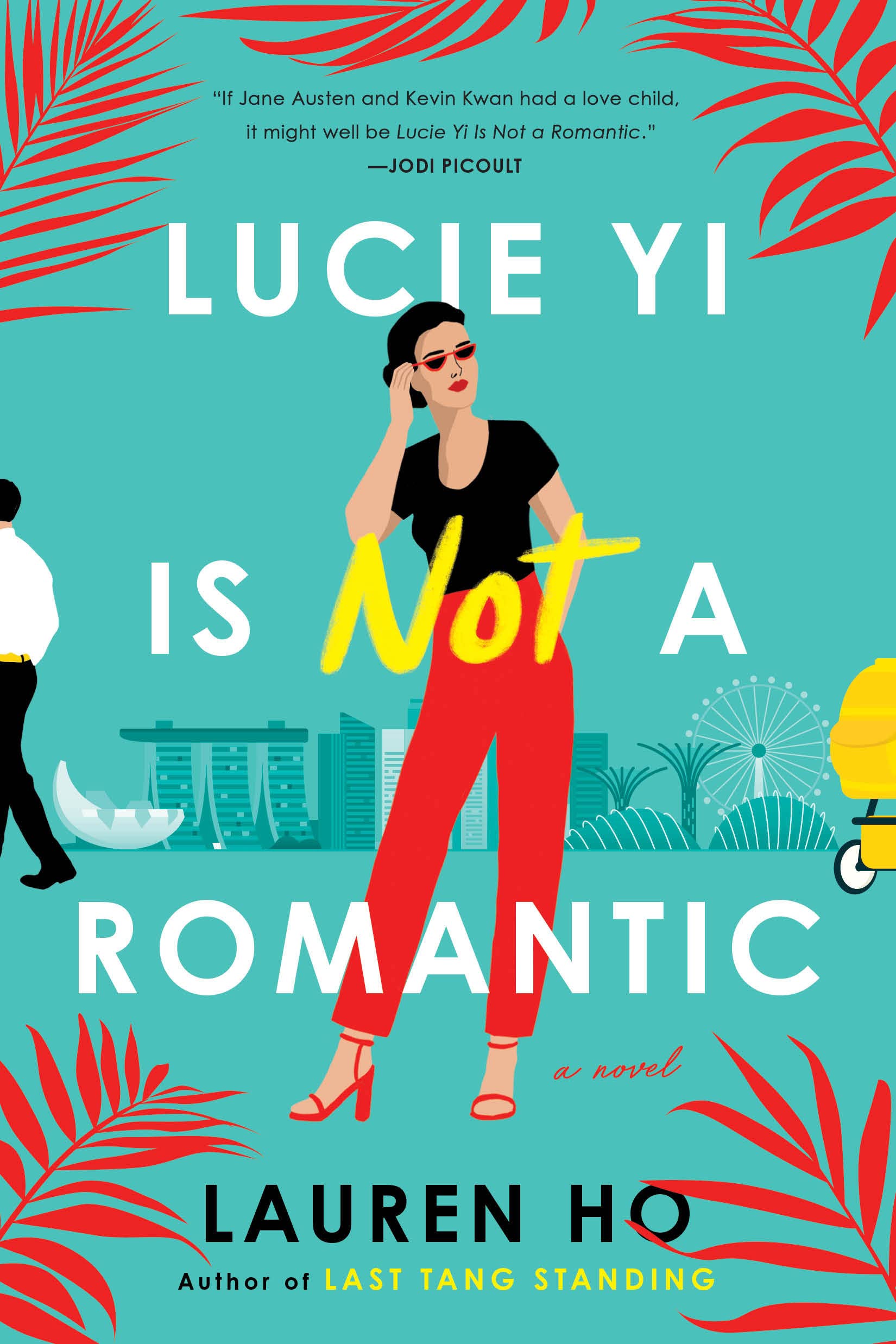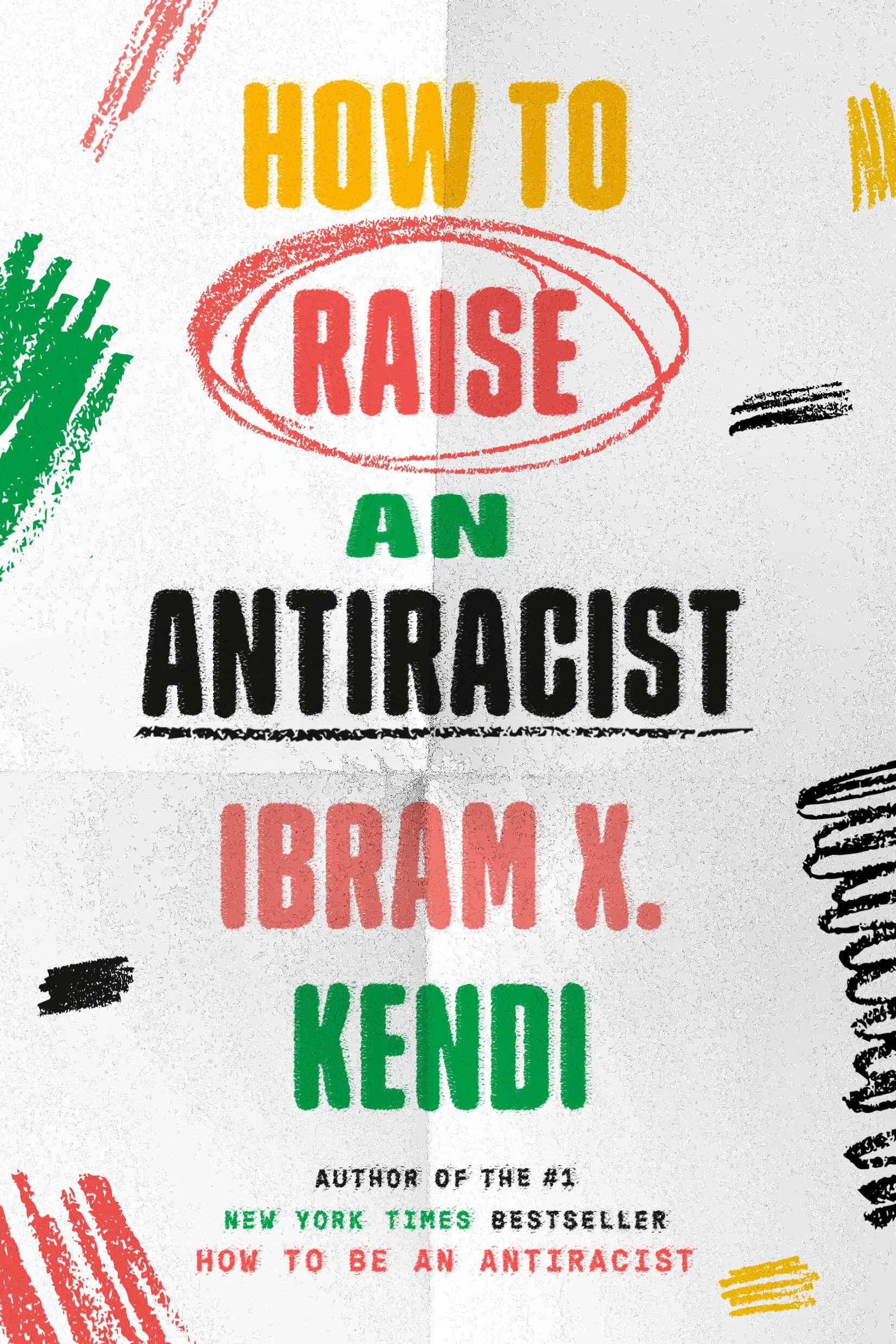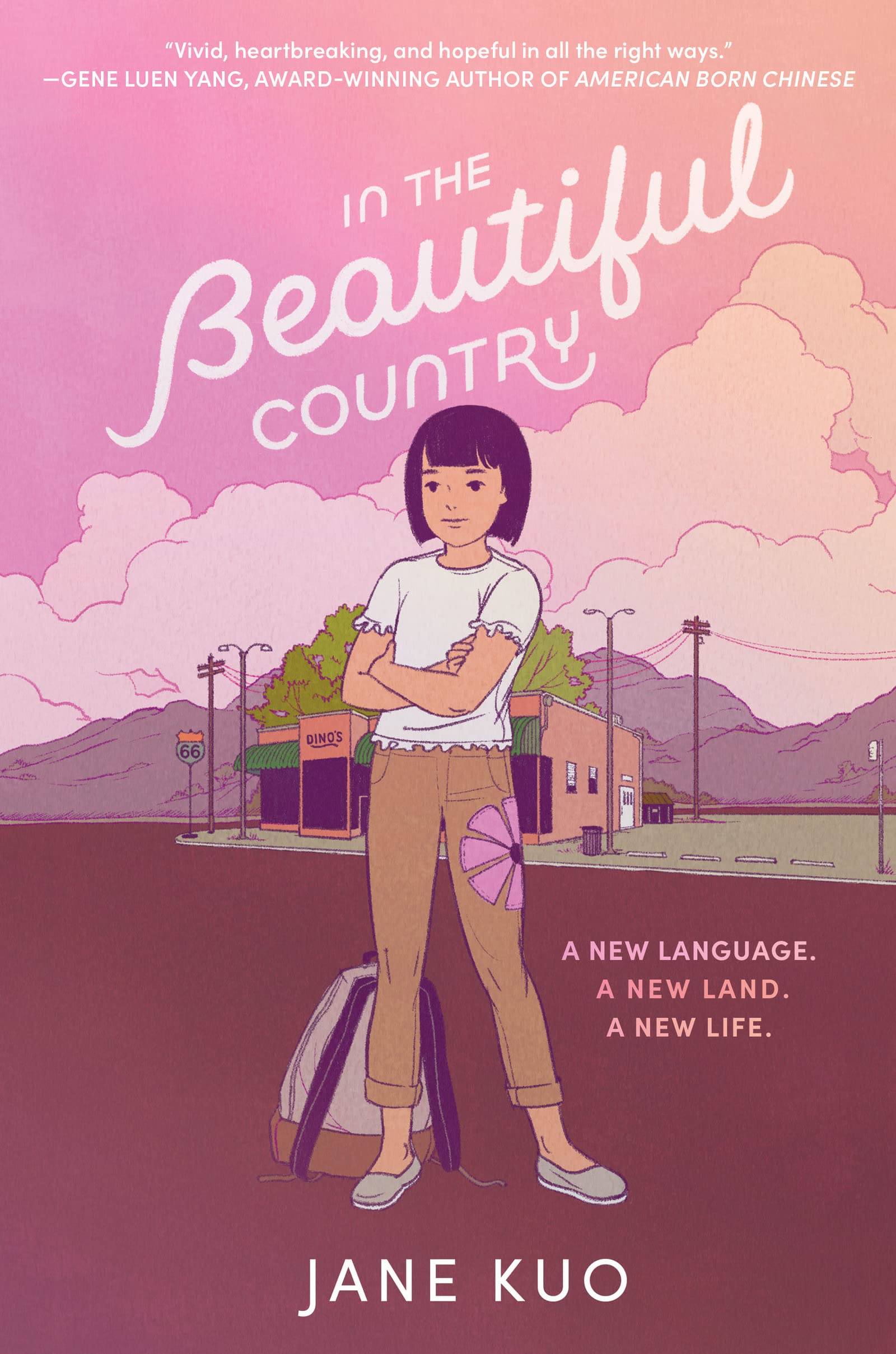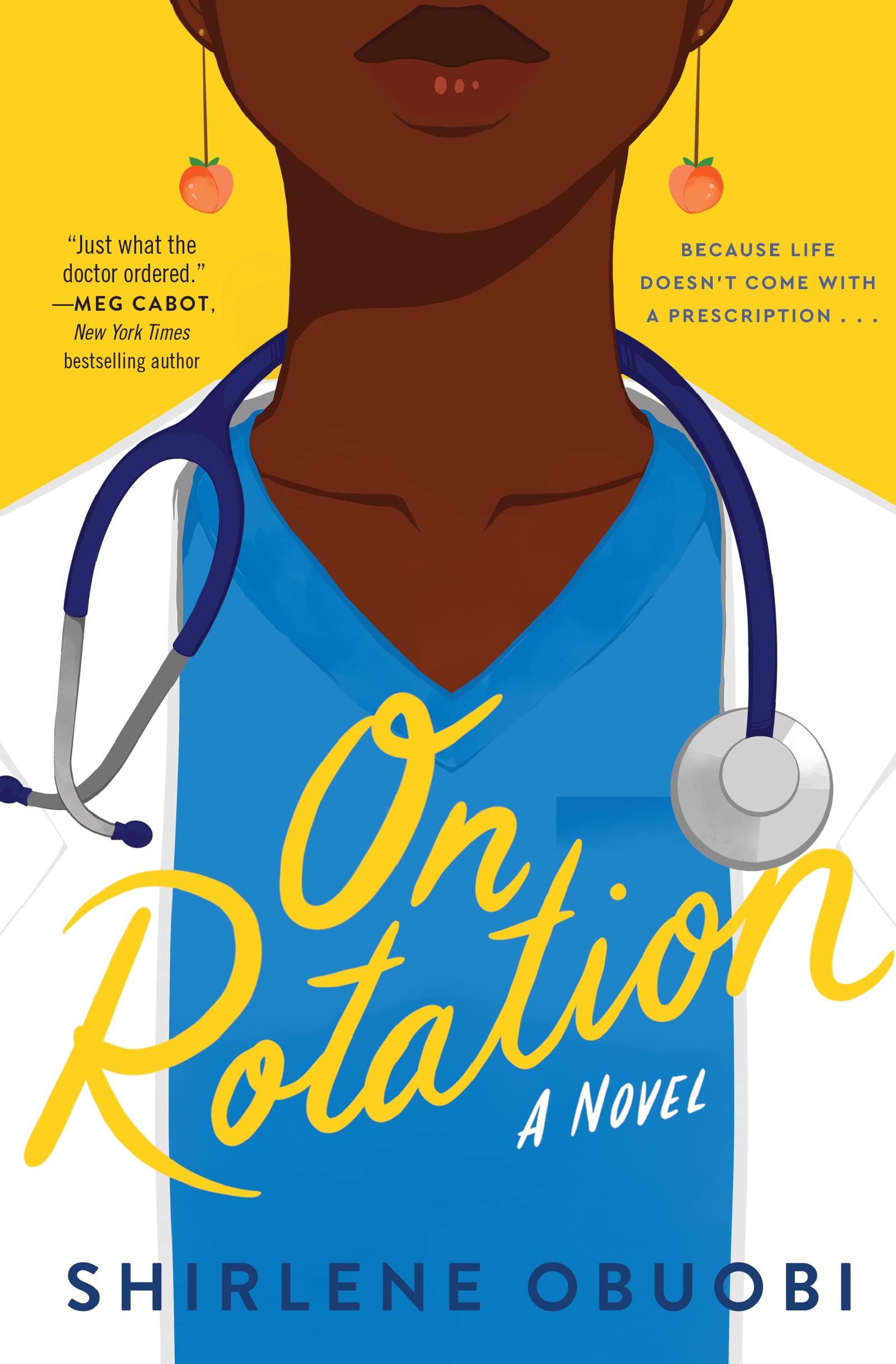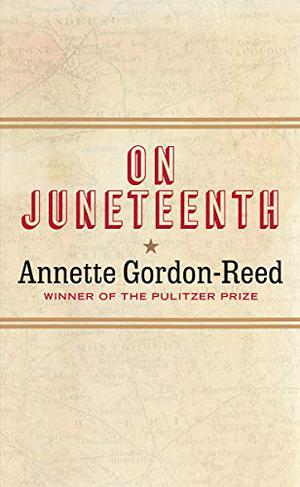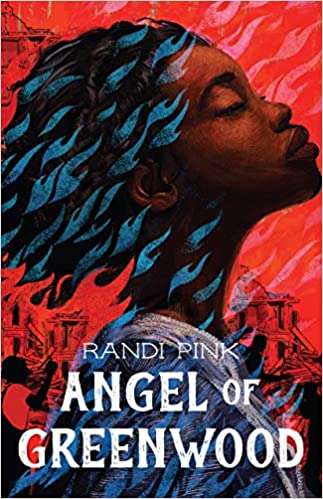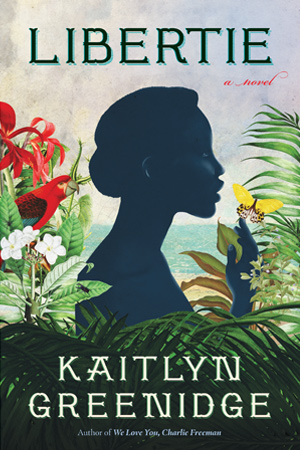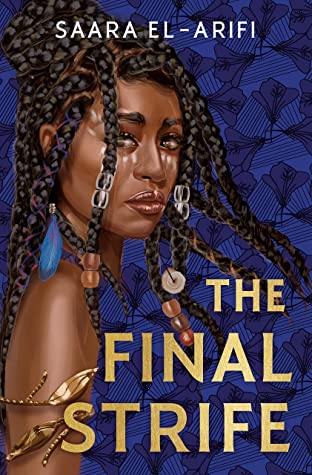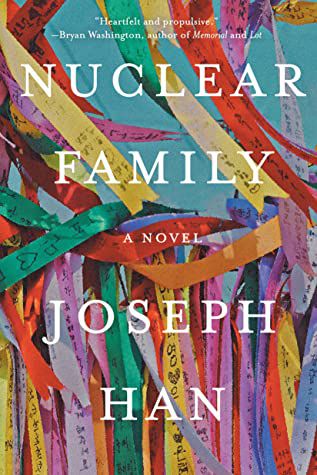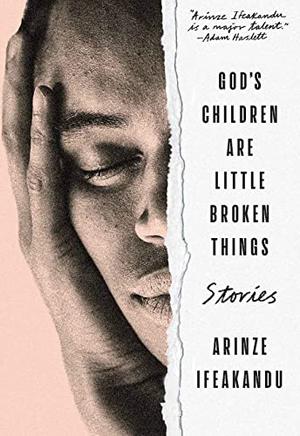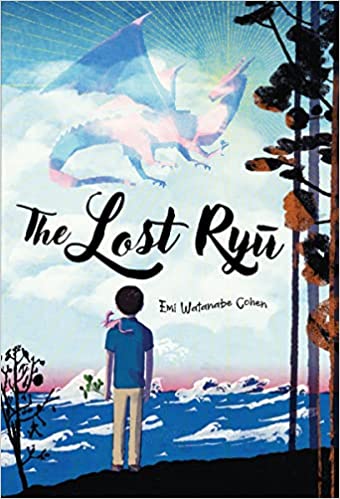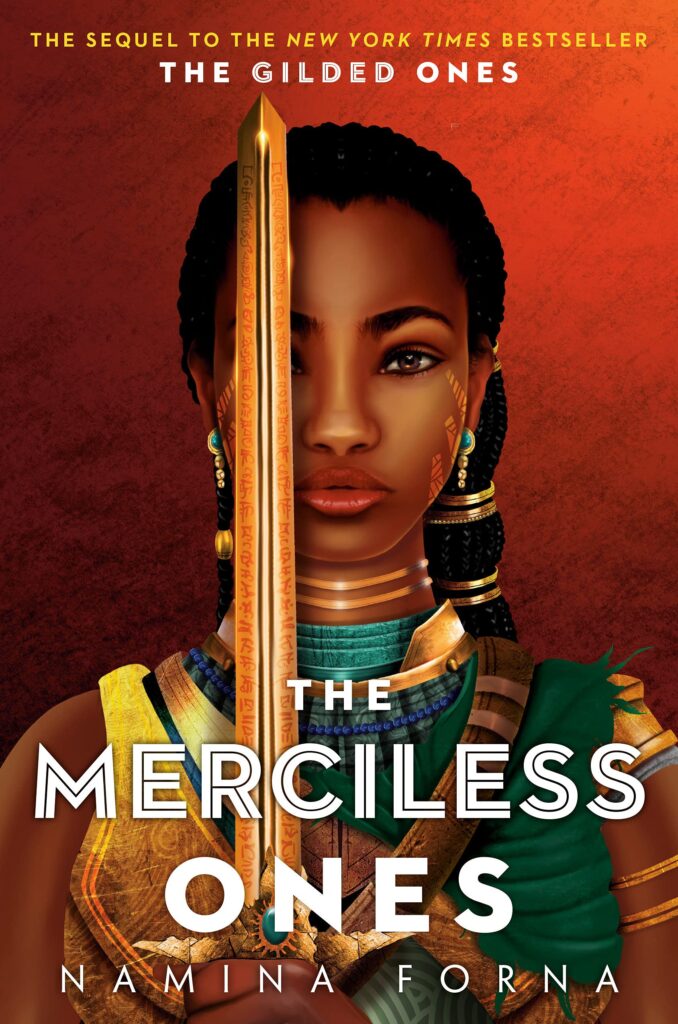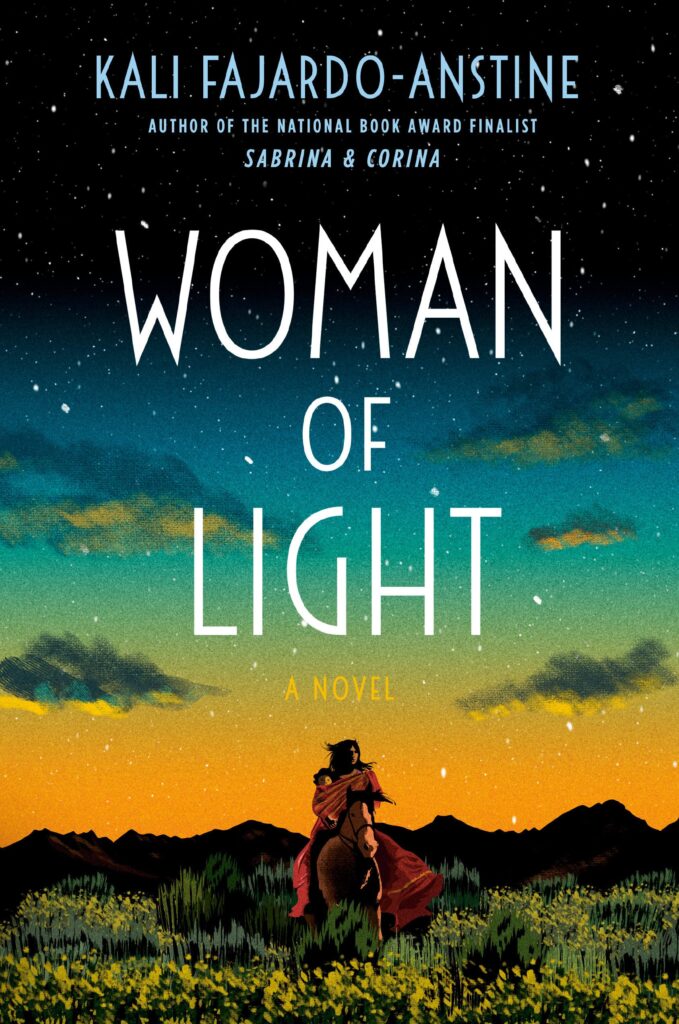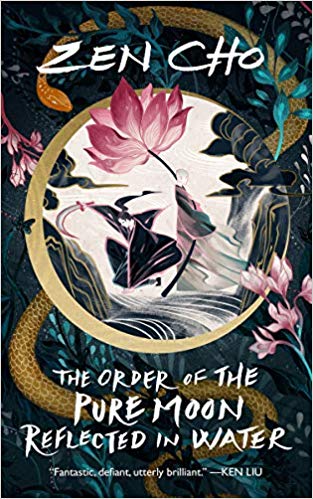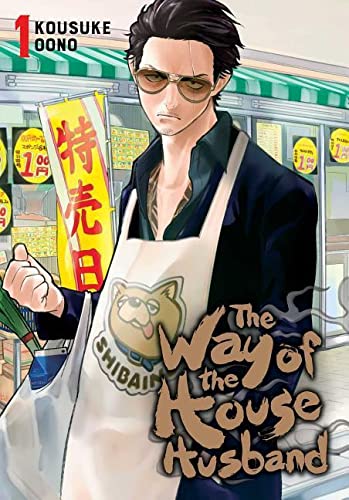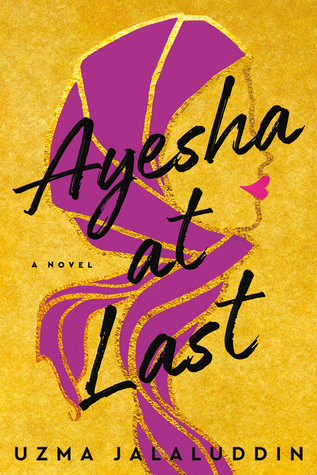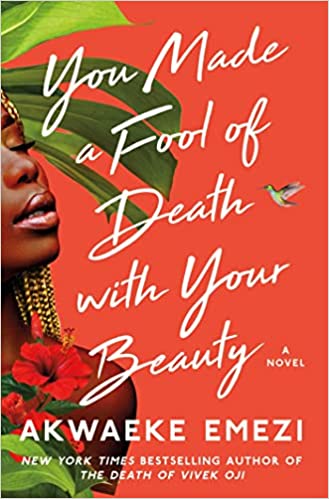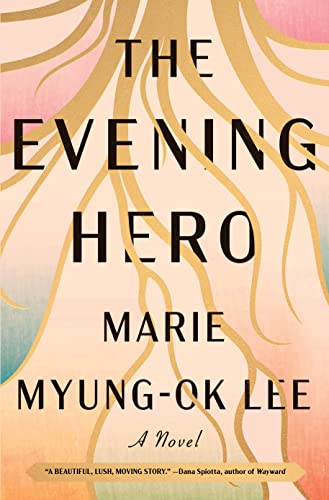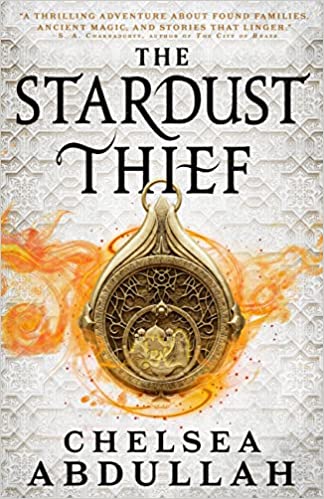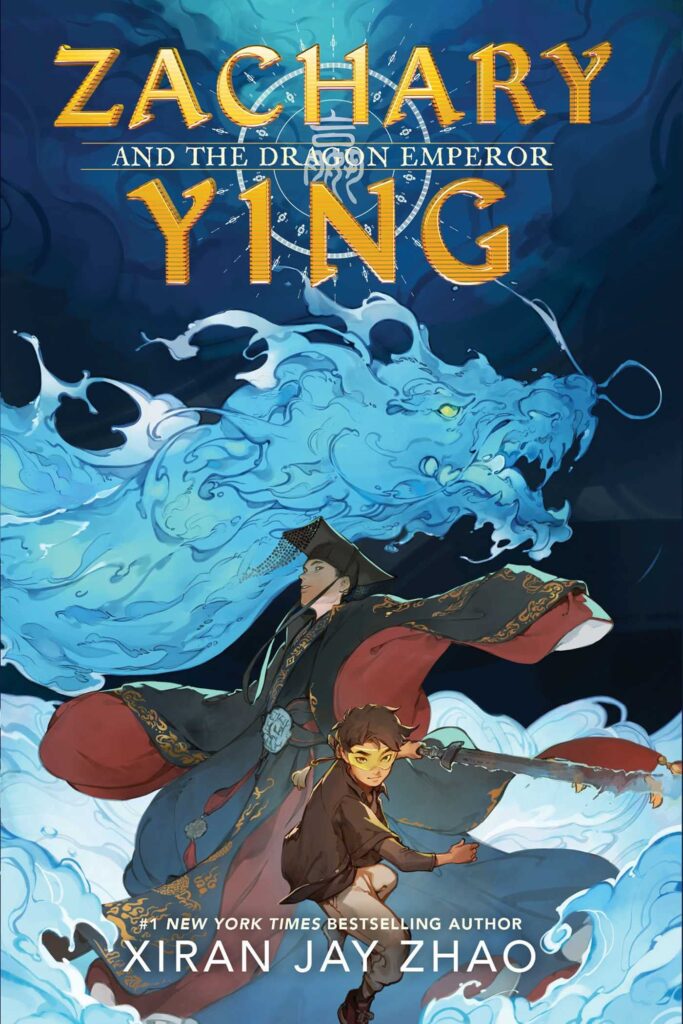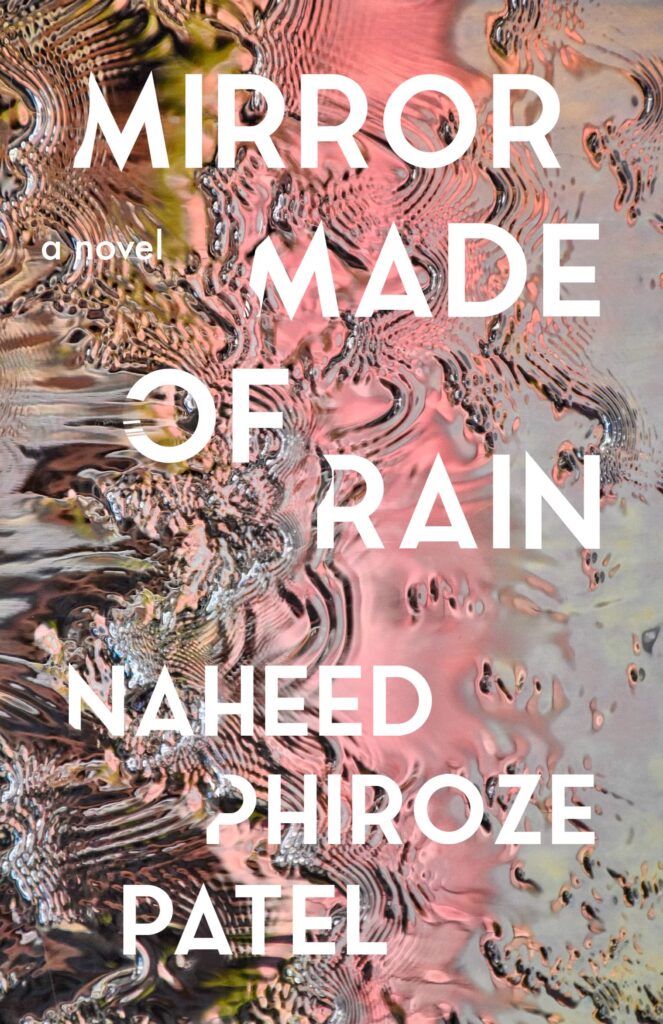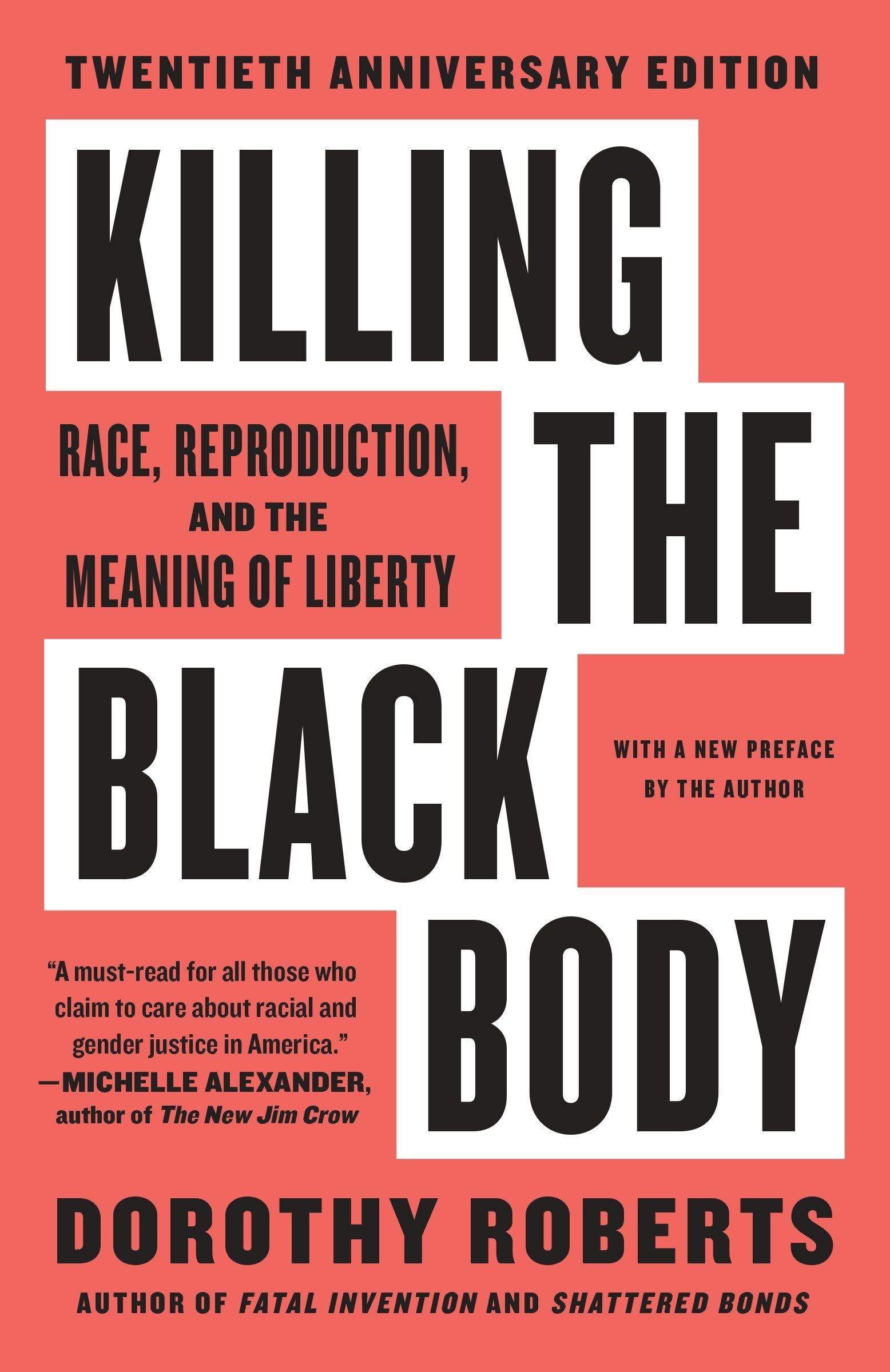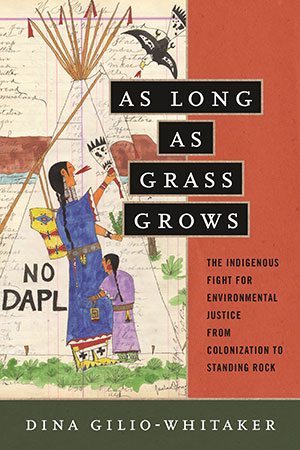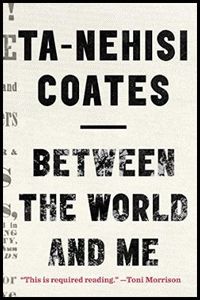Welcome to In Reading Color, a space where we focus on literature by and about people of color.
We’re introducing a new format for newsletters that we think will make the experience more reader-friendly. With it, we’ll include some interesting links, a bookish good, new releases, and a section of riot recommendations. Hope you like it!
Bookish Goods
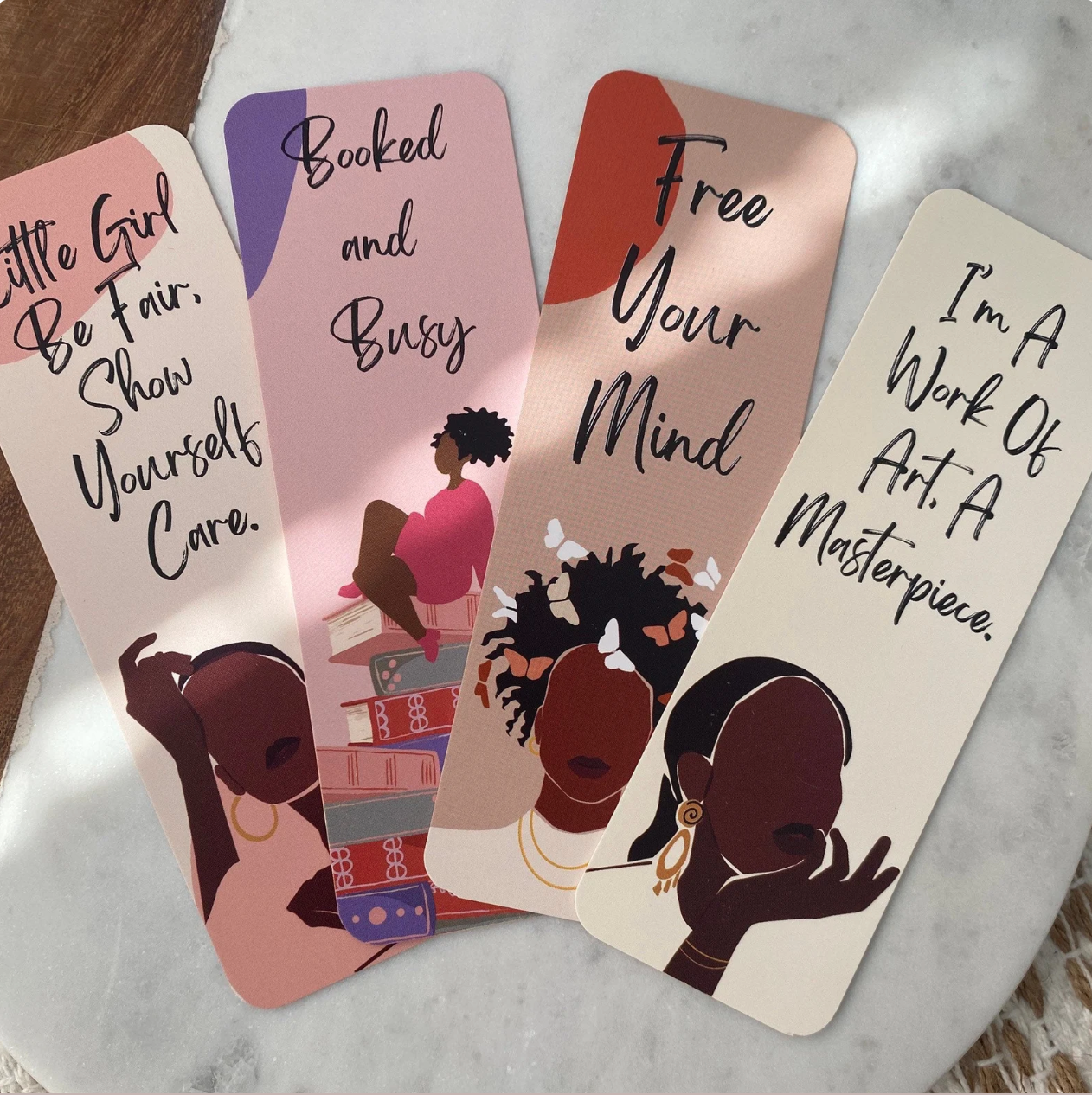
4 pack of bookmarks by 525DesignShop
I don’t know about you, but I can never have enough bookmarks. These are artful and thoughtful. The pack comes at $12.
New Releases
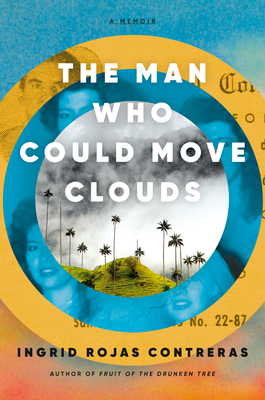
The Man Who Could Move Clouds: A Memoir by Ingrid Rojas Contreras
Contreras grew up in the turbulent Colombia of the ’80s/’90s in a house filled with her mother’s magic. Her grandfather was known as a powerful curandero, or a community healer gifted with “the secrets,” and her mother was the first woman to inherit this gift. She offered fortune telling to clients and could cast out spirits with nothing more than a glass of water.
One day, Contreras suffers an injury to the head that is not unlike the one suffered decades earlier that precipitated her mother gaining access to her healer abilities. A shared dream between her, her sisters, and her mother ushers Contreras to make a sojourn to Colombia with her mother. There, they plan to (literally) dig up their family tree, uncovering the Indigenous and Spanish sides of her lineage and the violence— both physical and cultural— that is inherent to colonialism and its aftermath. She also has her own reckoning with her family’s gifts and what they mean for her.
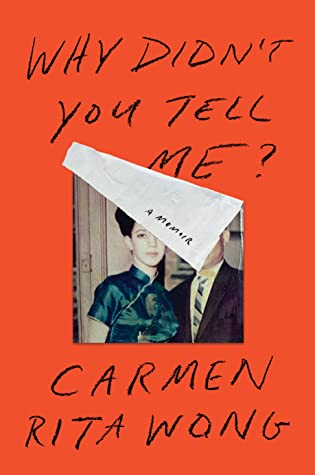
Why Didn’t You Tell Me? by Carmen Rita Wong
In this memoir, Wong has a bone to pick with her Dominican mom. Except she can’t, really, since her mother has already passed away. Before she died, though, she had moved Wong from living with Chinese immigrant Peter Wong— whom she still calls Papi— in Harlem to New Hampshire with Charlie, who was presented as the picture of “ideal” white fatherhood. After a DNA test reveals that neither man is her real father, Wong sets out to unravel the truth behind her parentage, all while trying to reckon with a lifetime of never fitting in.
Don’t forget you can get three free audiobooks at Audiobooks.com with a free trial!
Riot Recommendations
The mini Hey YA podcast episode I recorded that’s coming out tomorrow highlights a few books with road trips, so I thought I’d come up with a few more for the In Reading Color audience. As I mention in the episode, I wanted to do an episode on road trips because they’re one of the things I think of and like about summer. They can be fun, freeing, and light-hearted opportunities for growth. They can also be catalysts that set already existing issues to boil in a pressurized setting. These books lean towards the latter.
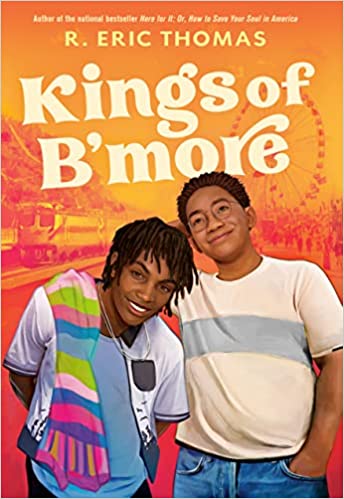
Kings of B’more by R. Eric Thomas
This is television writer R. Eric Thomas’ YA debut (he also wrote the hilarious Here For It). When it’s revealed that besties Harrison and Linus’ days of hanging out are coming to a close at the end of the week when Linus’ family will move to South Carolina, Harrison is low key devastated. To commemorate their last days together, he comes up with a Black and queer Ferris Bueller’s Day Off-esque list of memorable activities. The mini road trip across Baltimore becomes memorable in some undesirable ways, too, though, as they dodge their overly protective parents and have to contend with racism. This isn’t a super light read, but it has its moments of lightness. It really shines in how dearly it portrays a Black, queer friendship that doesn’t try to veer into the romantic.
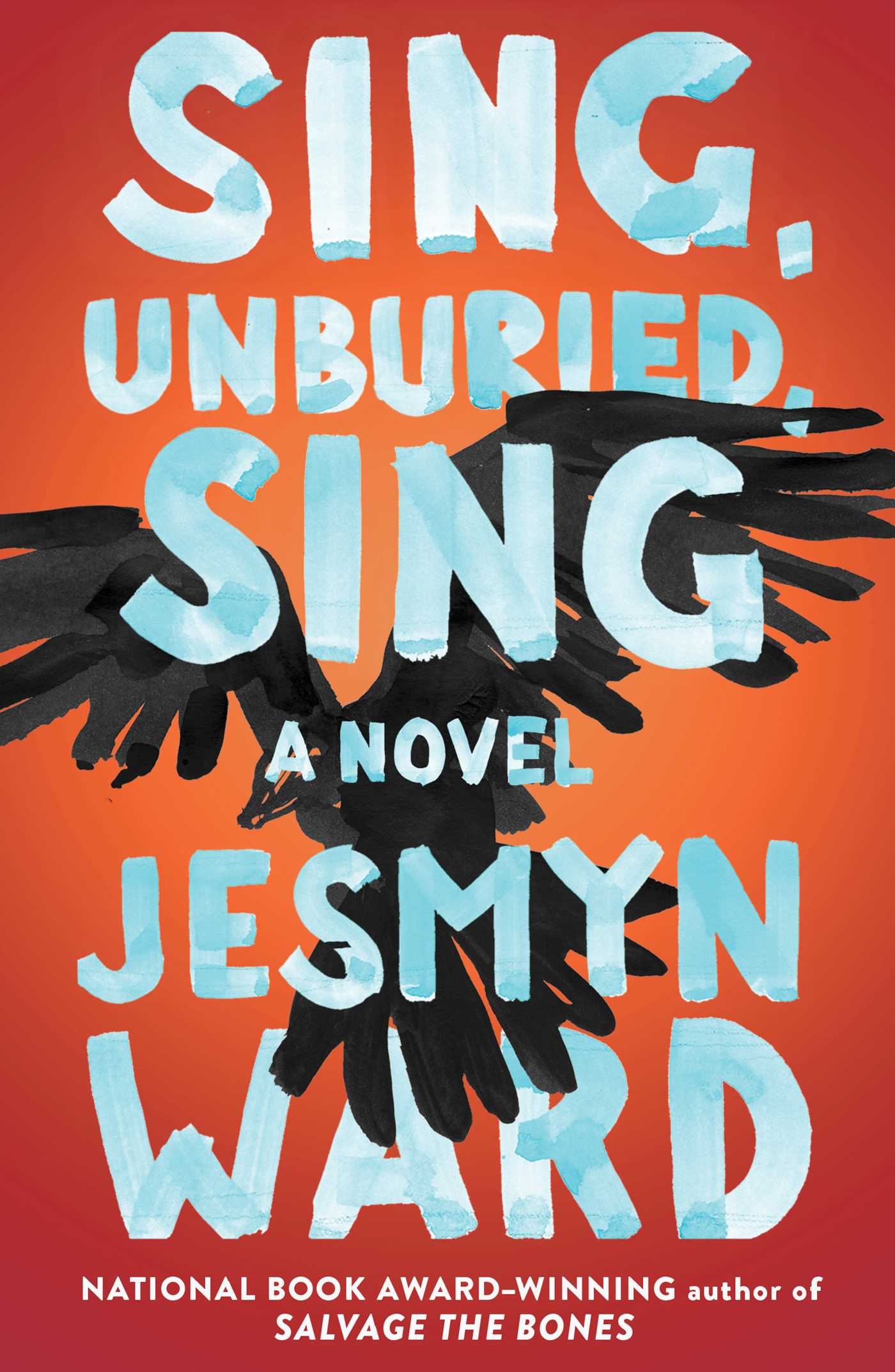
Sing, Unburied, Sing by Jesmyn Ward
This reminded me so much of Toni Morrison and William Faulkner, specifically As I Lay Dying. In it, 13 year old Jojo and his toddler sister Kayla are forced to leave their grandparents’ home where they live— and where his grandmother lies dying from cancer— to journey with their drug addicted mother to the prison where their father is set to be released. Ghosts— of family members and departed friends—surface as the family contends with the lasting effects of racism, trauma, and general dysfunction.
Thanks for reading; it’s been cute! If you want to reach out and connect, email me at erica@riotnewmedia.com or tweet at me @erica_eze_. You can find me on the Hey YA podcast with the fab Tirzah Price, as well as in the In The Club newsletter.
-Erica
